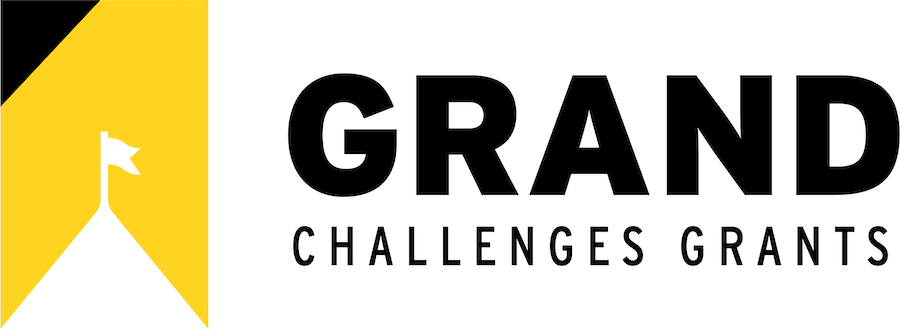Enhancing Accessibility of Visual Cultural Heritage through Participatory Design
“Enhancing Accessibility of Visual Cultural Heritage through Participatory Design” is a pilot project using participatory design methods to identify the needs of blind and low vision (BLV) users of digital visual cultural heritage content at the Library of Congress (LOC). The LOC has digitized millions of cultural heritage including manuscripts, photographs, drawings, sheet music, and 3D objects, which are searchable online via loc.gov. Digitized content often lacks physical descriptions and robust alt-text, and therefore has limited utility for BLV users, or those who are unable to look at screens due to another print disability, such as chronic migraine.
At a time when AI description is increasingly attracting attention from users and cultural heritage practitioners alike, as a possible means of enhancing visual content description, we need to explore the utility of AI-generated descriptions and other existing forms of metadata and information with users, to understand how well each source of description meets user needs. Through this initiative, we are conducting three participatory research and design sessions with BLV users, LOC staff, academics, and NGO workers to identify potential workable solutions and tools to enhance the accessibility of visual cultural heritage.
Funded by: A MIDA seed grant (2024-2025)
Project Team
Our team includes researchers with diverse expertise and lived experiences relevant to this research. Our expertise spans participatory design with people with disabilities, cultural heritage research and practice, digital humanities methods, crowdsourcing, accessibility testing and design, and the creation of web accessibility standards.
- Liz Bottner is an Assistive Technology Specialist at the National Library Services for the Blind and Print Disabled (NLS) at the LOC
- Rachael Bradley Montgomery is a Digital Accessibility Architect at the Library of Congress (LOC), and an adjunct lecturer in the College of Information.
- Stephanie Valencia is an assistant professor in the College of Information.
- Victoria Van Hyning is an assistant professor of library innovation in the College of Information, and Director of the Center for Archival Futures (CAFe)
Potential Impact for People with Disabilities
Digitization of cultural heritage has the potential to radically increase the accessibility of collections to many potential users, including those unable to travel to the host organization, and those who are blind or have low vision. The speed of digitization is universally outstripped by the speed of reliable descriptive metadata creation. Our study has the potential to identify user needs and potential solutions to this issue, and scale in application to other cultural heritage organizations.
Definitions
Digitized Visual Cultural Heritage: Materials such as handwritten documents, photographs, maps, prints, and 3D objects will be considered through this project, but the definition more broadly includes paintings, audio-visual (AV) materials etc.




